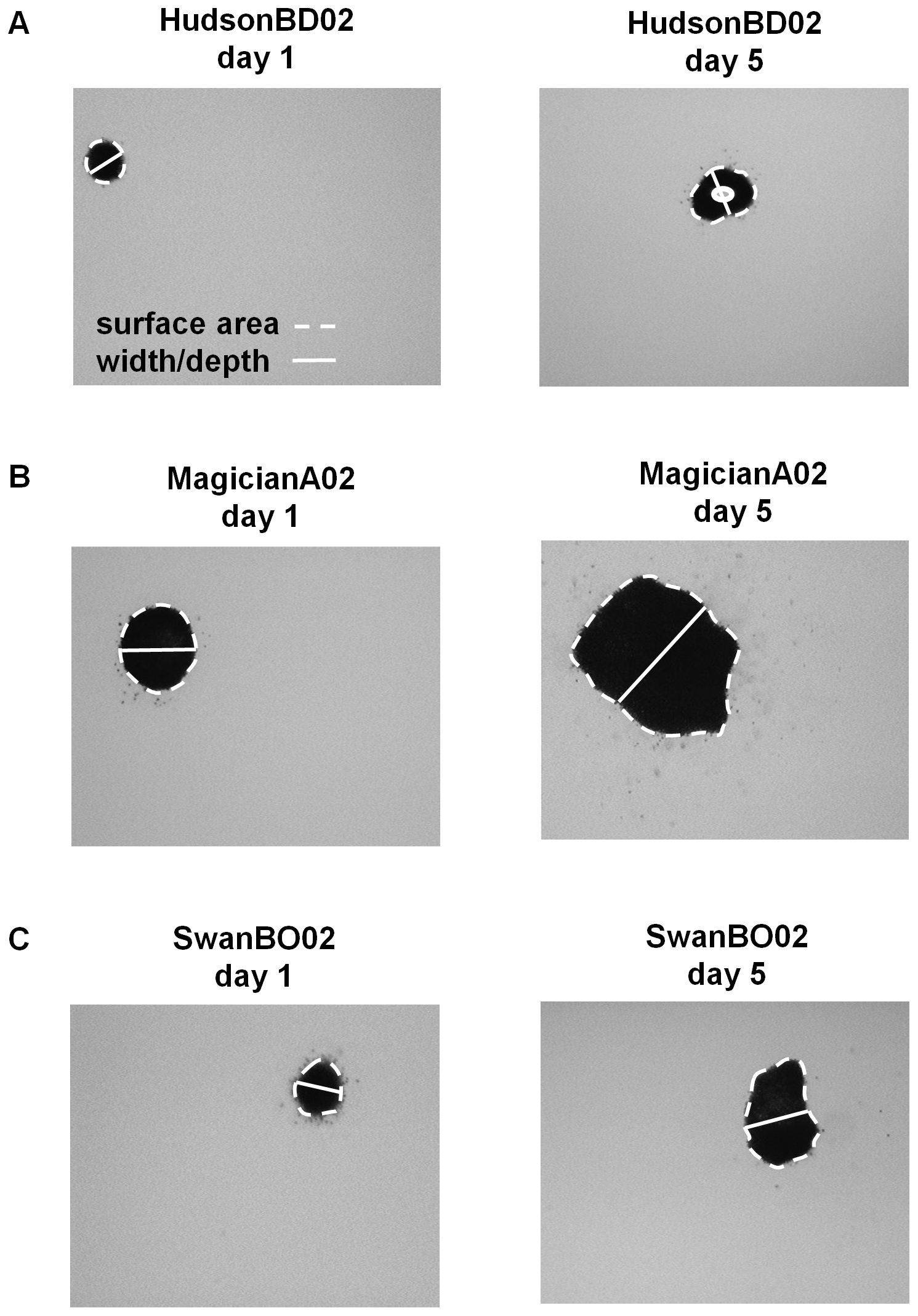Keyword: Daphniapulicaria

Wilson, A. E. and M. E. Hay. 2007. A direct test of cyanobacterial chemical defense: Variable effects of microcystin-treated food on two Daphnia pulicaria clones. Limnology and Oceanography 52(4):1467-1479.
Abstract
To determine the direct effects of microcystin on the fitness of herbivorous zooplankton, we experimentally added microcystin-LR to freeze-dried cells of palatable Chlorella and fed these compound-treated cells to two clones of Daphnia pulicaria that had shown differing responses to a diet containing a strain of Microcystis aeruginosa that produces microcystin. The Daphnia that performed better on a diet containing live Microcystis showed reduced population growth when exposed to microcystin-LR-treated Chlorella, whereas the Daphnia that performed poorly on the diet containing live Microcystis was not affected by the experimental diet containing microcystin-LR. This is the first study to unambiguously show that some Daphnia strains are and some strains are not harmed by the consumption of microcystin-LR. These surprising results were not generated by interference from lipophilic secondary metabolites in Microcystis. When the crude lipophilic extract of Microcystis was added to dried Chlorella cells, it enhanced the fitness of both Daphnia clones. We hypothesize that the Daphnia clone more tolerant to live cells may upregulate resistance when cued by the presence of the live Microcystis cells, but not by microcystin-LR alone. Alternatively, the Daphnia clone that grew well on a diet containing live Microcystis may sequester compounds from Microcystis that defend the cyanobacteria from autotoxicity; these compounds would have been unavailable to Daphnia consuming freeze-dried Chlorella treated with microcystin-LR alone. Thus, microcystin-LR can suppress Daphnia fitness when consumed; however, the effects of microcystin vary across clones of herbivorous zooplankton and the consequences of this variance should not be overlooked when considering zooplankton-cyanobacteria interactions.